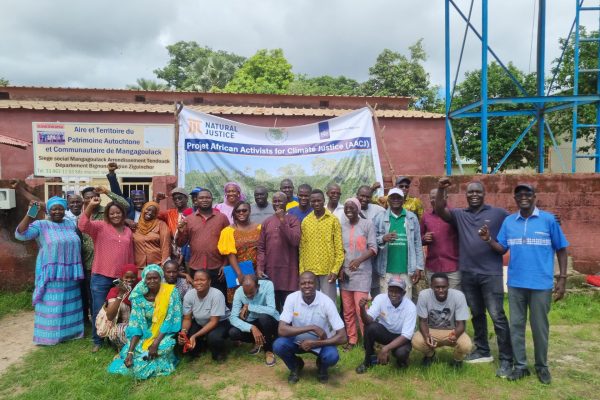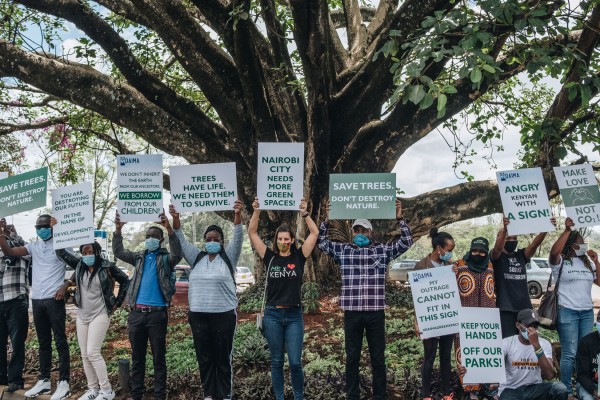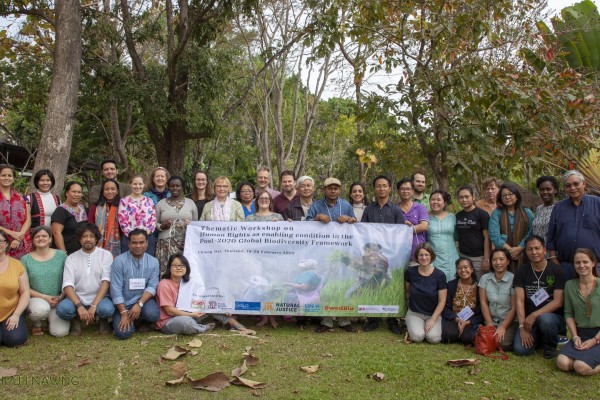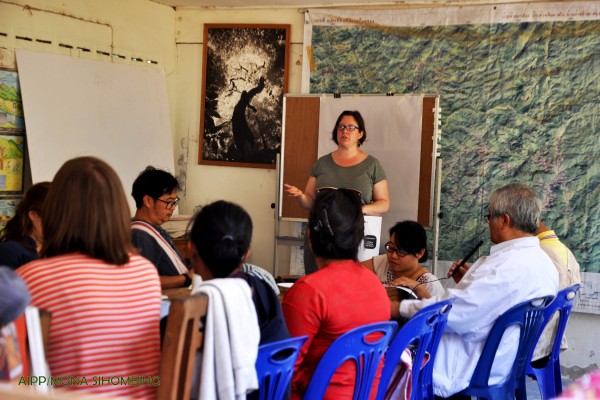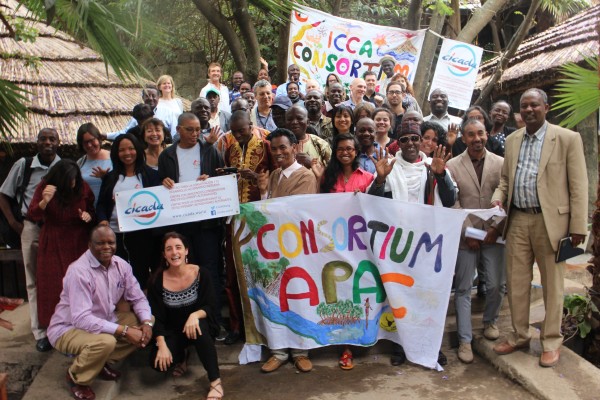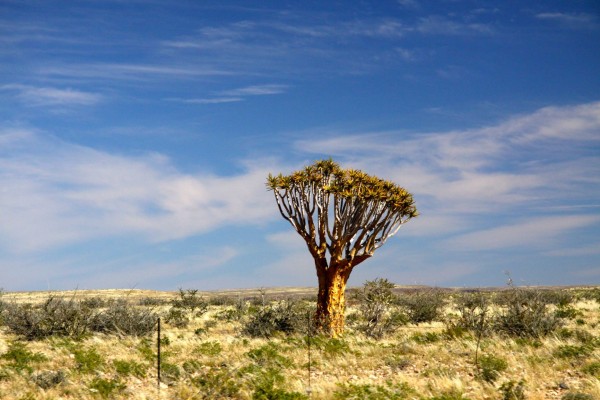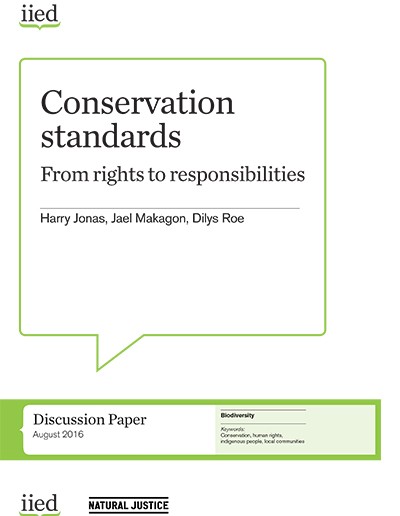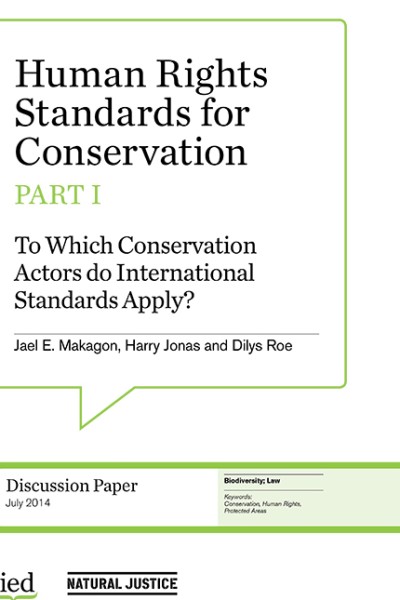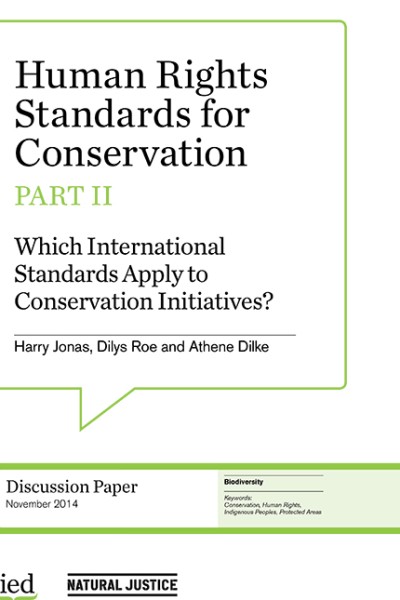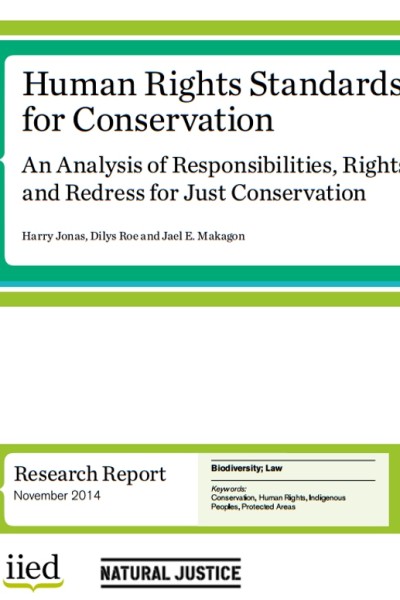Conservation interventions can impact on indigenous peoples and local communities in a number of ways. These include: denial of free, prior and informed consent; lack of engagement by outsiders with indigenous institutions; eviction; unjust resettlement; destruction of property and livelihoods; denial of access and use of natural resources; intimidation and physical harm; and exploitative employment.
Such injustices raise an important question: Why, despite the large body of international law, norms and standards relating to the rights of indigenous peoples that has been elaborated over the last two decades, do they continue?
One reason is that there is little rights-based, practical and broadly accepted guidance specifically tailored to conservation initiatives. To address this, Natural Justice and IIED analyzed the following foundational questions (Responsibilities, Rights and Redress):
- Which conservation actors have responsibility for upholding international human rights standards?
- Which international human rights standards are most relevant in a conservation context?
- Which redress mechanisms are available to indigenous peoples and local communities when human rights are infringed by conservation initiatives?
The partners subsequently drew on this work to produce a draft set of Conservation Standards (Conservation Standards: From Rights to Responsibilities). The Conservation Standards provide conservation actors (including indigenous peoples) easily accessible guidance on the following questions:
- How are indigenous peoples’ rights enshrined in international law?
- In which ways can conservation interventions infringe indigenous people’ rights, both directly and indirectly?
- Which rights should conservation actors be most aware of, and why are these important in a conservation context?
- What are conservation actors’ responsibilities in upholding these rights?

